Six reasons parents don't share their children's faces on social media
SYDI ALIF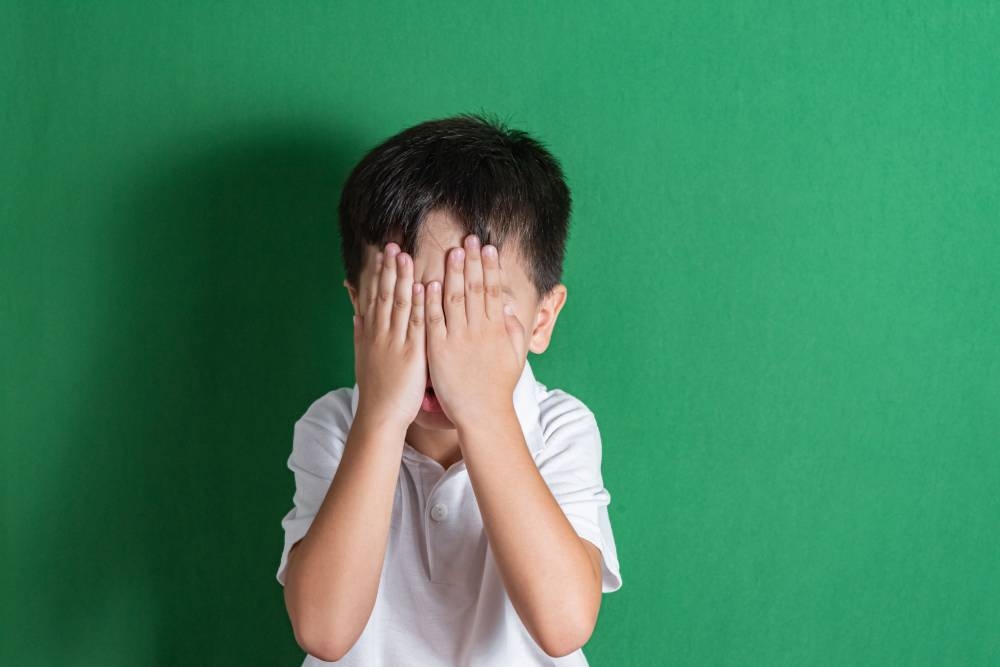
Social media has become such an integral part of our lives But sometimes, it blurs the line between what's meant to be private or public. How much is too much information being shared?
Nowadays, many parents have taken it upon themselves to set boundaries when it comes to exposing their children's identities online.
While some document every single small and big milestone, others go the oppposite route of not showing their children's faces at all.
Here are some possible reasons.
AIN (EVIL EYE)
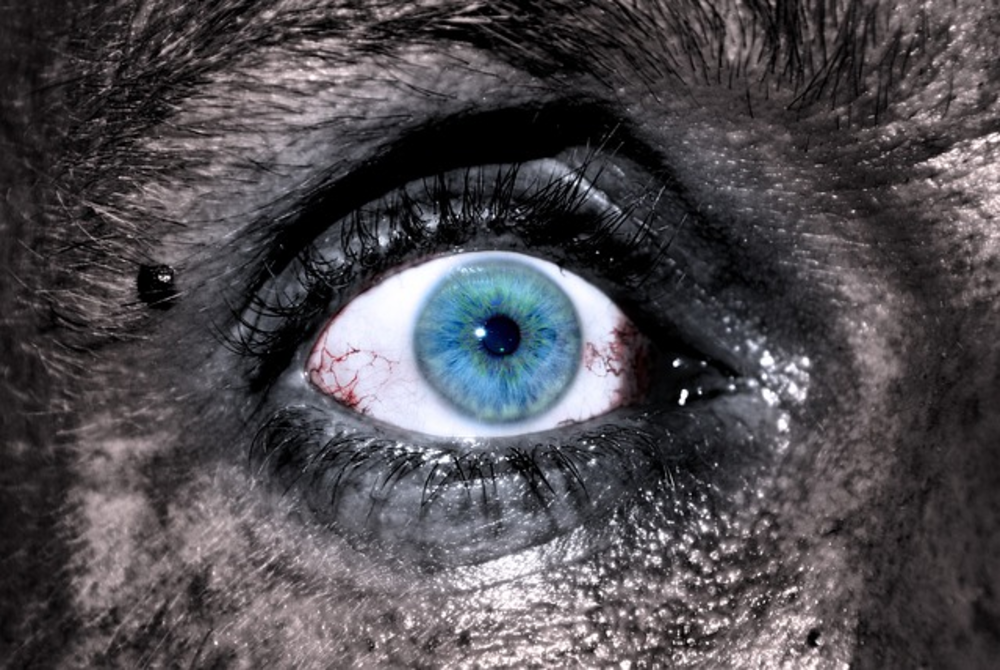
Muslims are generally familiar with a soul spiritual disease referred to as 'ain' which directly translates from Arabic as the evil eye.
In this case, an unfortunate event may occur as a result of jealousy or adoration or just about any possible emotional reaction towards a visible, audible or perceivable by any means, privilege of another individual.
Prophet Muhammad has narrated that if there is anything which can overcome the divine decree, it is the evil eye of human beings.
SAFETY
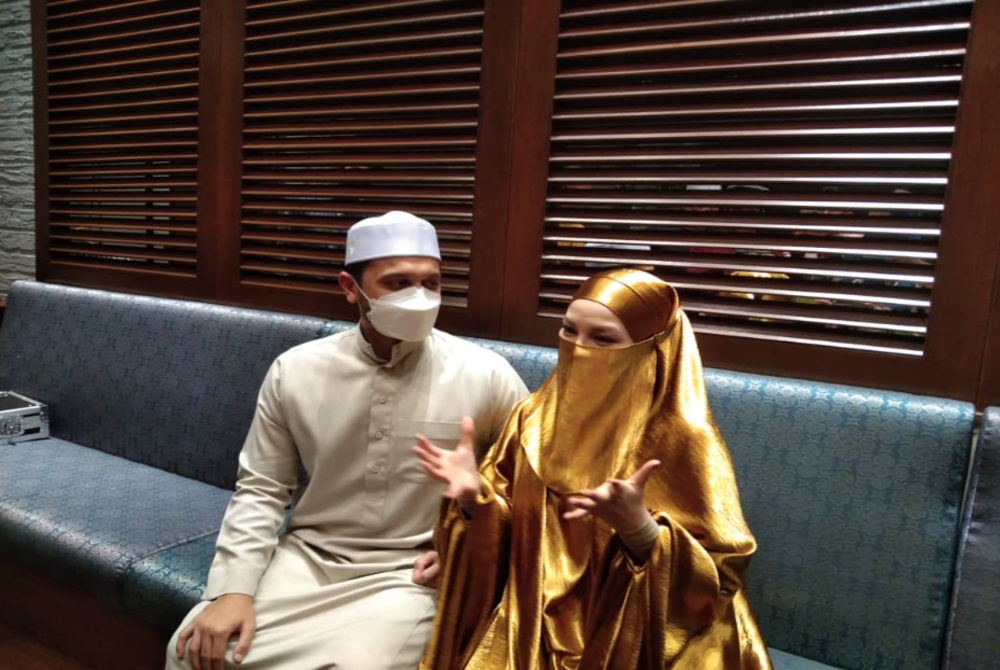
For celebrities especially, they are bound to deal with paprazzi and even potentially more harmful parties such as kidnappers or pedophiles. This has cost them a greater amount of risk and pressure to set boundaries and ensure they protect their kids' privacy.
Recently, Malaysian TV personality and entrepreneur Neelofa made headlines when she expressed her disappointment towards the action of others who revealed her son's face on the internet without her consent.
"As a mother, the act of spreading the picture must be offensive. If you came across or saw Bilal in person, I would not hide his face. "However, when someone uploads and spreads it on social media, it is disrespectful towards us as Bilal's mother and father."
BULLYING
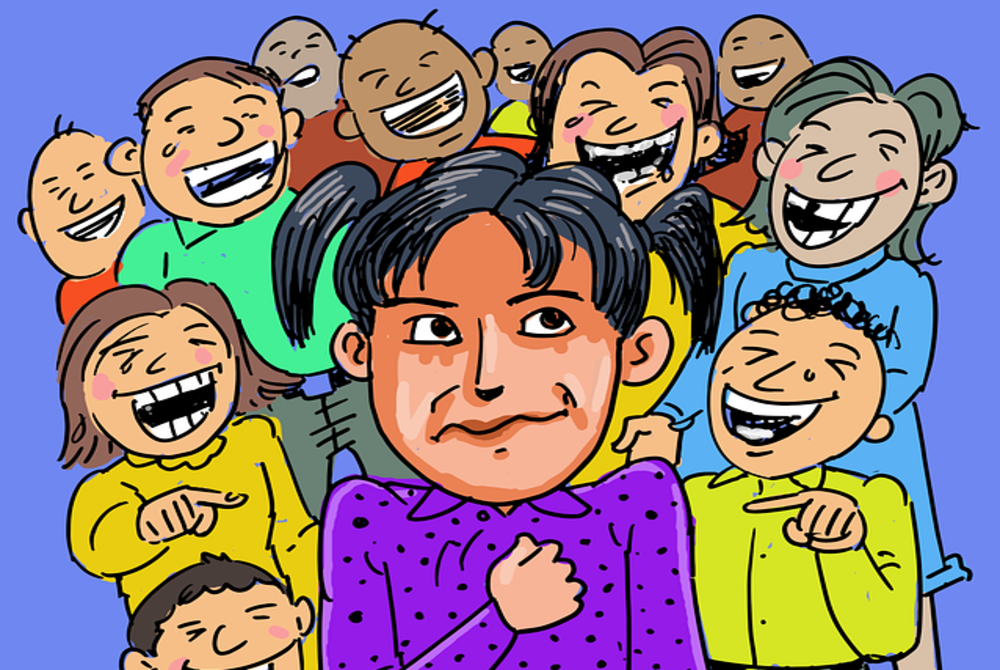
This has to do with how both acquaintances or strangers react to what parents share about their little ones on the internet.
It doesn’t take much for a picture or video to turn from just an inside family joke into a gossip fodder for an entire high school as the kids grow.
The ruthless personalities of anonymous people on the internet can be seen at the comment feeds of kids videos on YouTube. How would a child feel if his or her parents' social media audience doesn’t react well to their update?
FUTURE

Deleted posts while apparently gone from one's social media profile may still live on in Internet archive websites and on the social media servers themselves. With that in mind, parents are considering how their photos and stories may impact their kids when they are much older.
Parents need to think about how potential employers may react to finding certain sensitive childhood moments on social media. They should also wonder how their posts may impact their child if he or she ever decides to run for public office or live a more public life.
IDENTITY THEFT
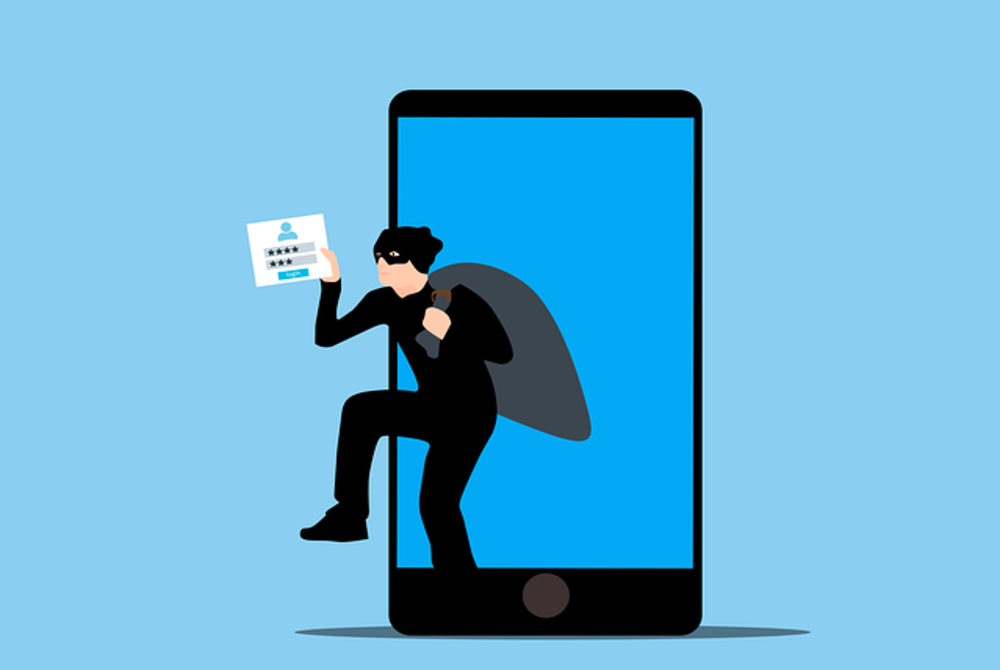
Identity theft occurs when someone takes photos of a child from social media and repurposes them with new names and identities often claiming the child as their own.
Strangers may create accounts on social media sites to post stolen photos along with captions that give false details about the child in the photos. Sometimes the stranger impersonates the child by responding to comments as the child or from the child’s point-of-view.
EDUCATION
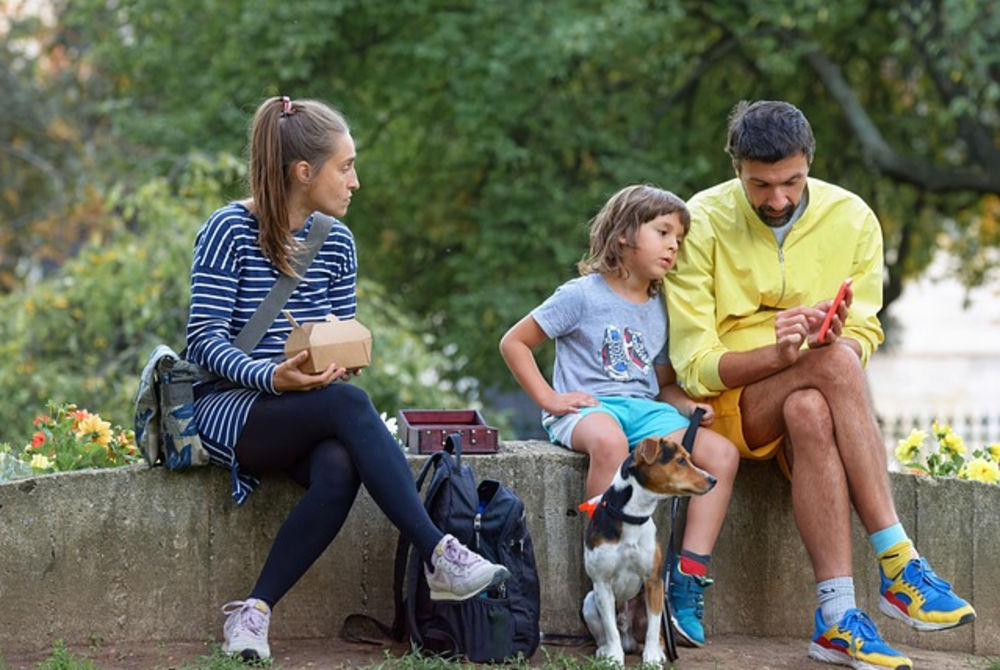
Some parents intend to educate their offsprings that their faces and bodies are part of their identity as well as responsibility. They also want their children to know that their parents respect what they want with the things they own including privacy.
As the kids grew old enough, they would need to decide for themselves if they would consent to having their faces shown on social media.










